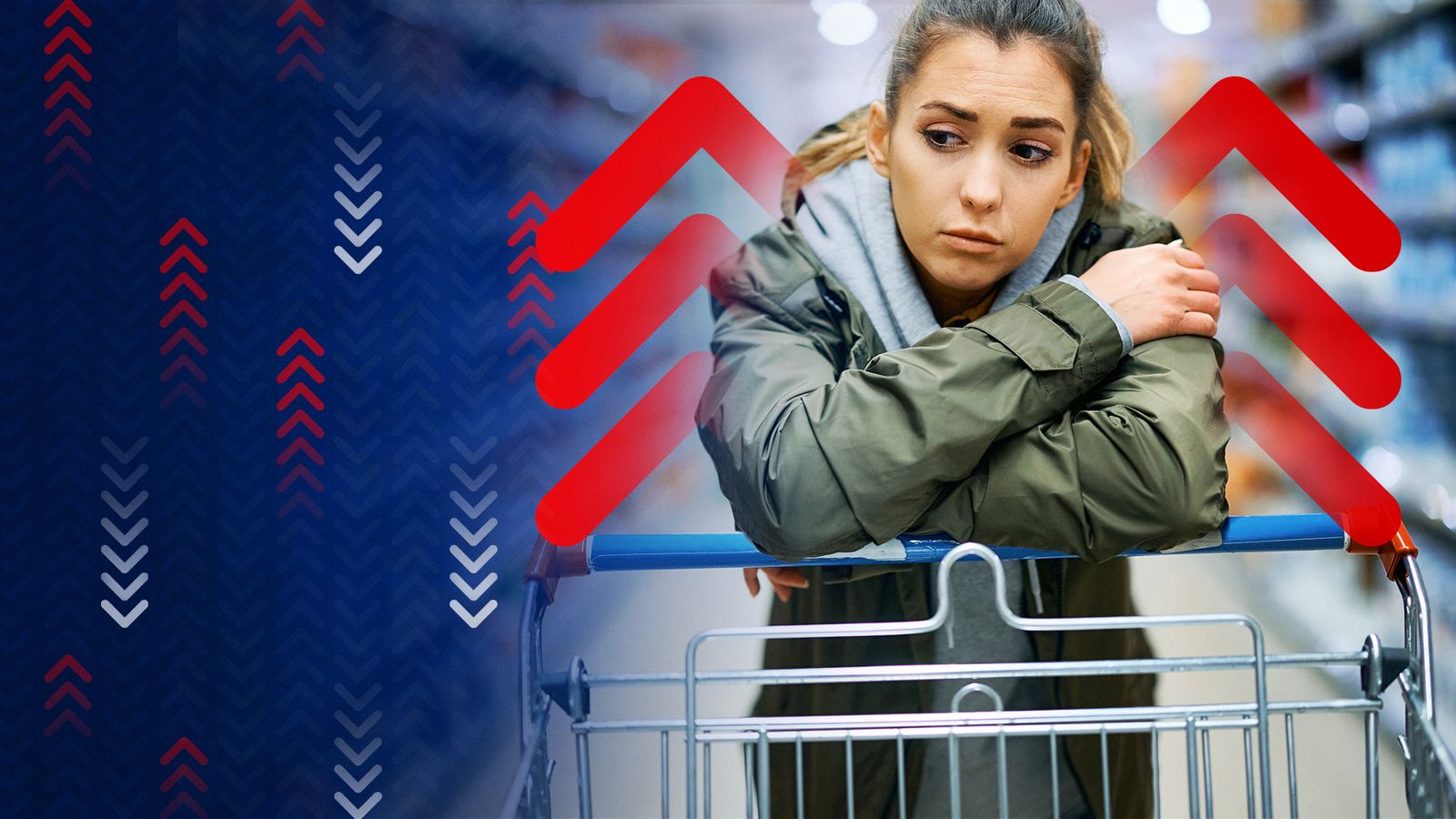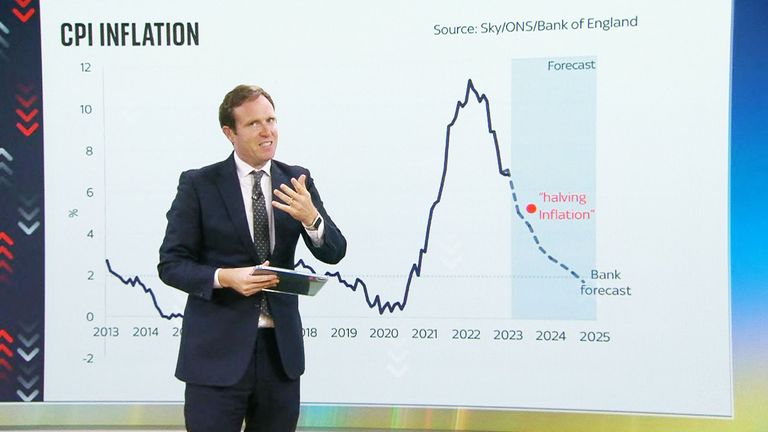More than a million children in the UK experiencing ‘horrifying levels of destitution’


More than a million children experienced the most extreme form of poverty last year, according to a new report that slams such “horrifying levels of destitution” as a political choice.
According to the Joseph Rowntree Foundation (JRF), the number of people experiencing these levels of poverty in the UK has increased by 61% between 2019 and 2022, with 3.8 million people experiencing destitution. Over half of destitute households have a weekly income of less than £85.
Children are particularly hard hit, the numbers experiencing destitution has almost tripled – an increase of 186% – since 2017.
People are considered destitute if they have not been able to meet their most basic physical needs to stay warm, dry, clean, and fed.
This can be because they either lack necessities like clothing, heating, shelter, or food or because their income is so extremely low that they are unable to purchase these items for themselves.
The report – the fourth in a series of Destitution in the UK studies published regularly in recent years – puts the rise down to a combination of very low incomes, rising cost of living, and high levels of debt.
But it also blamed the social security system for failing to protect people, with 72% of those destitute being in receipt of benefits.
Paul Kissack, Chief Executive of the Joseph Rowntree Foundation, accused the government of failing to act.
He said: “Such severe hardship should have no place in the UK today – and the British public will not stand for destitution on this scale.
Advertisement
“The government is not helpless to act: it is choosing not to. Turning the tide on destitution is an urgent moral mission, which speaks to our basic humanity as a country, and we need political leadership for that mission. That is why we are calling for clear proposals from all political parties to address this challenge with the urgency it demands.”
Please use Chrome browser for a more accessible video player
1:32
What does inflation data tell us?
Charities stepping in to fill gaps
Charities are being left to plug the gaps, the report said.
It stated: “The shocking statistics revealed in this report reflect a social security system now so full of holes that it falls to charities – such as food banks – to try to prevent people from experiencing the worst of destitution, but the task is too great for them.
“What is more, relying on charity to fulfil what should be the responsibility of the government is morally unacceptable.”
Read more:
Branded staples cost 910% more
Supermarkets using ‘potentially dodgy’ loyalty tactics
Is the cost of living crisis easing?
It comes after the Trussell Trust warned its network of food banks could hand out more than one million emergency parcels this year.
Migrants are also disproportionately affected, the report also found.
The total number of migrants who were destitute in 2022, including those with complex needs, was 488,600 households.
“Migrants experiencing destitution are seriously and increasingly lacking in access to both cash and in-kind forms of support,” the report said.
Overall, the charity said destitution is “an expanding phenomenon in 2022, reaching across a wider swathe of the population than previously”.
London has highest levels of destitution
London had the highest destitution levels in 2022, followed by the North East and North West, and then the West Midlands, with the lowest rates in the southern English regions, the report said.
It added that Wales and Scotland had rates comparable with the Midlands in England, but Scotland had improved its position which the JRF said could be down to the introduction of the Scottish Child Payment in 2021.
While the report is UK-wide, the JRF said the local authority indicator database does not extend to Northern Ireland councils, so much of the data used to construct these are not available and instead an estimate has been given for the region.